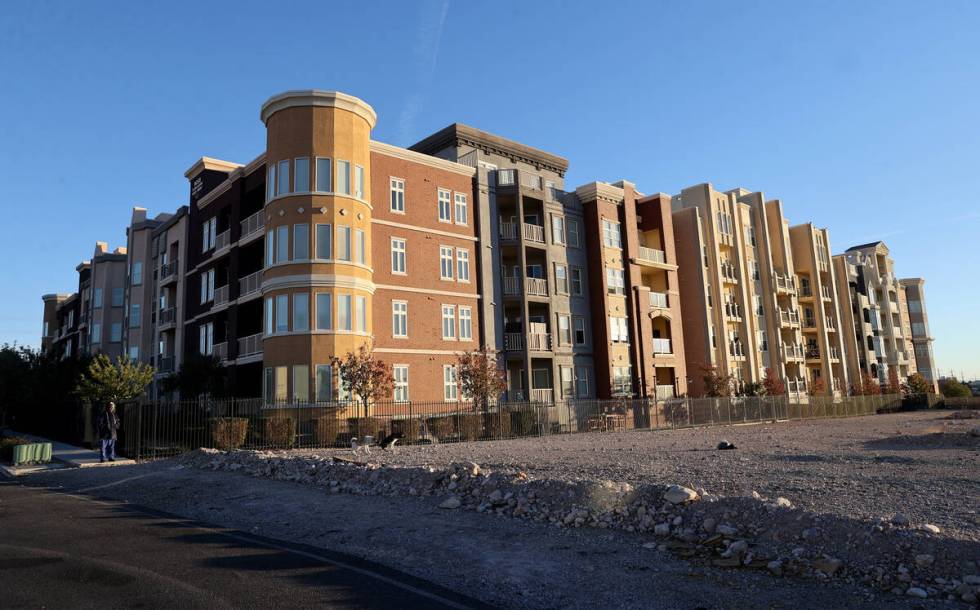Is technology responsible for higher rent prices?

A federal lawsuit joined by eight states accusing a large real estate software company of helping apartment managers collude to raise rates has brought increased attention to heightened rental rates across the country.
The Justice Department filed an antitrust suit against RealPage in late August alleging it has undertaken an “unlawful scheme to decrease competition among landlords in apartment pricing and to monopolize the market for commercial revenue management software that landlords use to price apartments.”
The allegations center around whether technology can be used for collusion and price-fixing rental rates in various markets across the U.S.
UNLV Computer Science professor Andreas Stefik said the easiest way to break down what RealPage does is they use “algorithmic processes” to determine rental rates. He said the process is not complicated, not necessarily artificial intelligence, and really simple number crunching via big data.
‘Maximum number possible’
“They get a bunch of parts together and then they do some calculations on it and it spits out a number and that number just so happens to be the maximum number possible that can go to a landlord’s pocketbook,” he said. “They use math and I wouldn’t say cooking the books, but they use math that strategically raises the price as much as what they think they can get away with.”
RealPage didn’t respond to a request for comment and for the number of property management companies and landlords it works with in the Las Vegas Valley. Ovation Property Management, which bills itself as the largest private multifamily developer in the valley, declined to comment on whether it uses RealPage or similar software.
Rental rates have been on an exponential rise in the valley since the pandemic with most of the rest of the country. Zillow reported that the median rental rate for all product types in the Las Vegas Valley was $1,460 in April 2021. That number has jumped to $2,050, a $590 increase in three and a half years.
Las Vegas-based attorney Calder Gabroy, who works with tenants on cases against property management companies and landlords, said Nevada is particularly bad for not supporting renters as opposed to owners of properties. He said the federal lawsuit against RealPage highlights an important area when it comes to rental rates and that a truly competitive market would actually bring prices down.
“One of the main focuses of it, and I think this is a really important area, is what is going on with the DOJ and the multiple states is they are suing to protect tenants and protect the general public,” he said. “I typically have this issue come up, where a tenant enters into a yearly lease, and then at the renewal stage, the landlord can really set prices with no real sort of statutory law that intervenes to say what they can set the price for.”
Most tenants don’t know their rights
Gabroy said most tenants don’t know their rights regarding leases and renting while landlords and property management companies are usually highly educated about the process and have money to spend on litigation if needed, creating an uneven playing field between the two.
Stefik said it’s important to remember the actual formulas RealPage is using is nothing new, but it appears companies are now using artificial intelligence and other technology to maximize profits in every way possible.
“Scientists have been doing this for more than a century now,” he said. “They have been working on getting techniques together to try and predict things; it’s not quite like fortune telling, it’s more like, ‘Hey I have some data and it suggests this, so what does it mean?’”
Las Vegas finds itself in the middle of a housing crisis as a lack of land for development, high interest rates and a “locked” resale market have driven up prices, even with new supply coming onto the market. Both residential and commercial real estate developers have pointed the finger at the Bureau of Land Management for not releasing land for development in a timely manner and at bureaucratic local governments for clogging up the permitting process.
Contact Patrick Blennerhassett at pblennerhassett@reviewjournal.com.